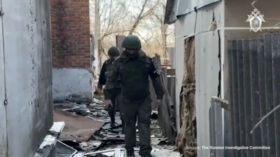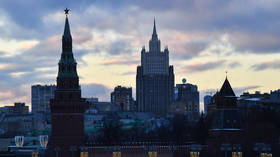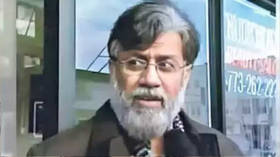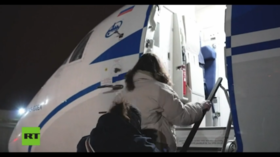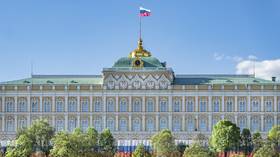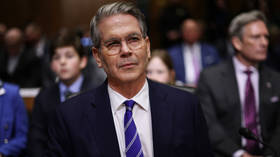Another EU state returns to coal
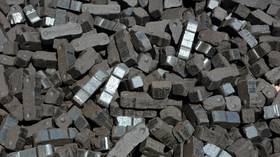
Dutch Climate and Energy Minister Rob Jetten has announced that the Netherlands is lifting all restrictions on coal-fired power stations to reduce natural gas consumption, while making an “urgent appeal” to businesses to save as much energy as possible ahead of the winter season.
The Hague has activated the ‘early warning’ phase of its energy crisis plan, in the face of a potential shortage of natural gas this winter, Jetten said on Monday, adding that the decision had been prepared in coordination “with our European colleagues over the past few days.”
“The cabinet has decided to immediately withdraw the restriction on production for coal-fired power stations,” he said, referring to the rule under which all coal-fired power plants in the Netherlands may only be operated at a maximum of 35% of their installed capacity.
“I want to emphasize that at the moment there’s no acute gas shortage,” Jetten noted, but nonetheless claimed that “more countries are now being squeezed” by Russia.
In a similar move on Sunday, German Economy Minister Robert Habeck said that Berlin will have to boost the use of coal for electricity production to make up for the shortage of natural gas from Russia.
Meanwhile, the Austrian government agreed with energy company Verbund to convert a reserve gas-fired power plant in the southern Styria region to produce electricity using coal in case the energy emergency deepens.
These moves follow a decision by Russia’s Gazprom to cut natural gas deliveries to Germany via the Nord Stream pipeline by 60% after German maintenance provider Siemens failed to return pumping units after repairs due to sanctions. European officials claimed this decision was purely political and linked to tensions between Russia and the West over Moscow’s military operation in Ukraine.





